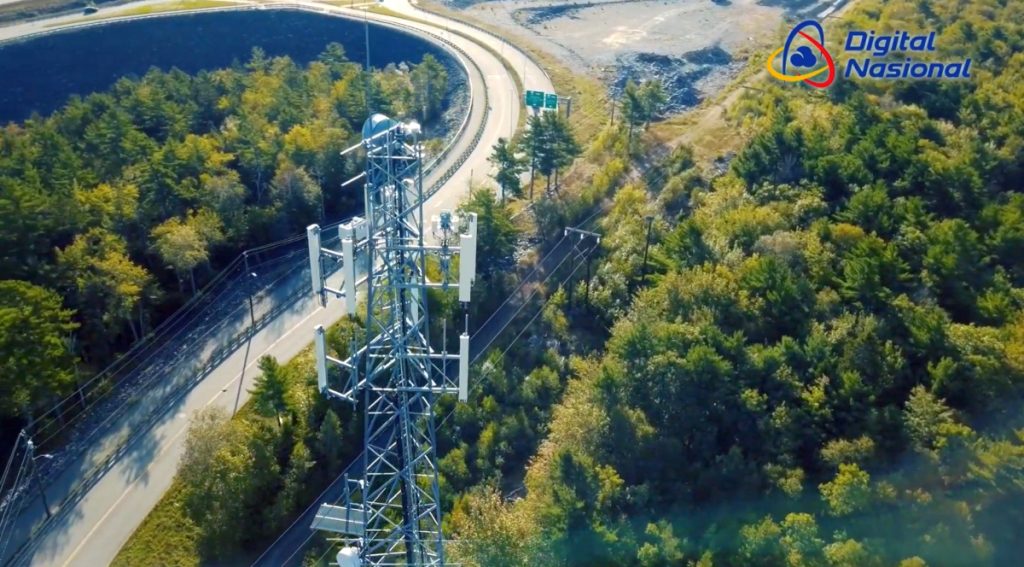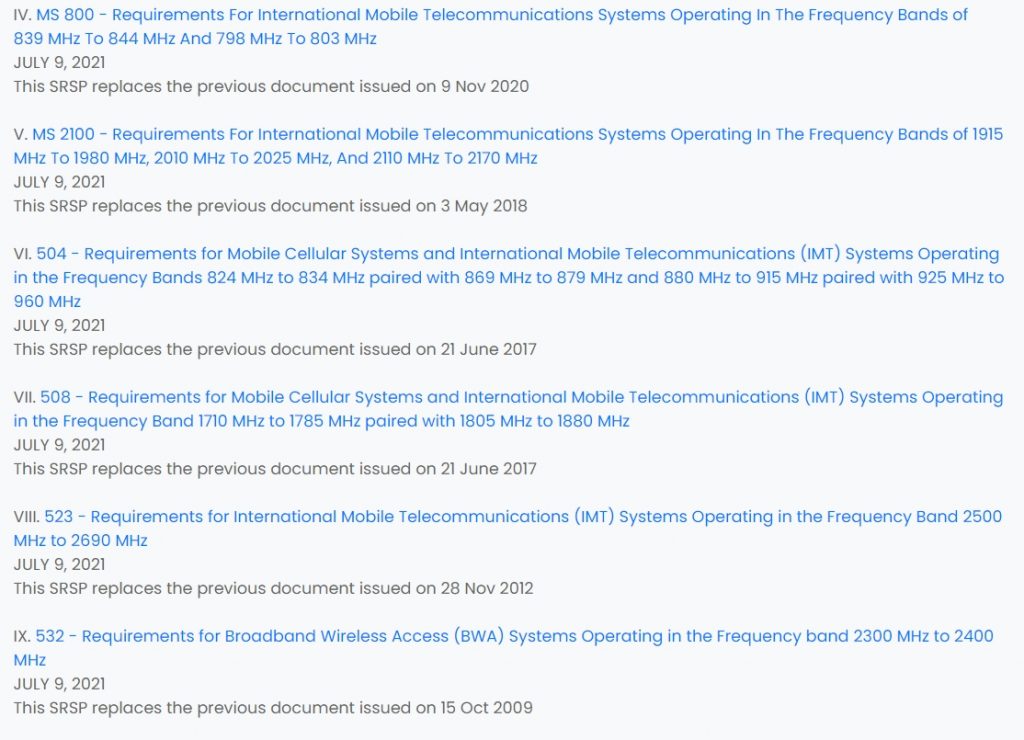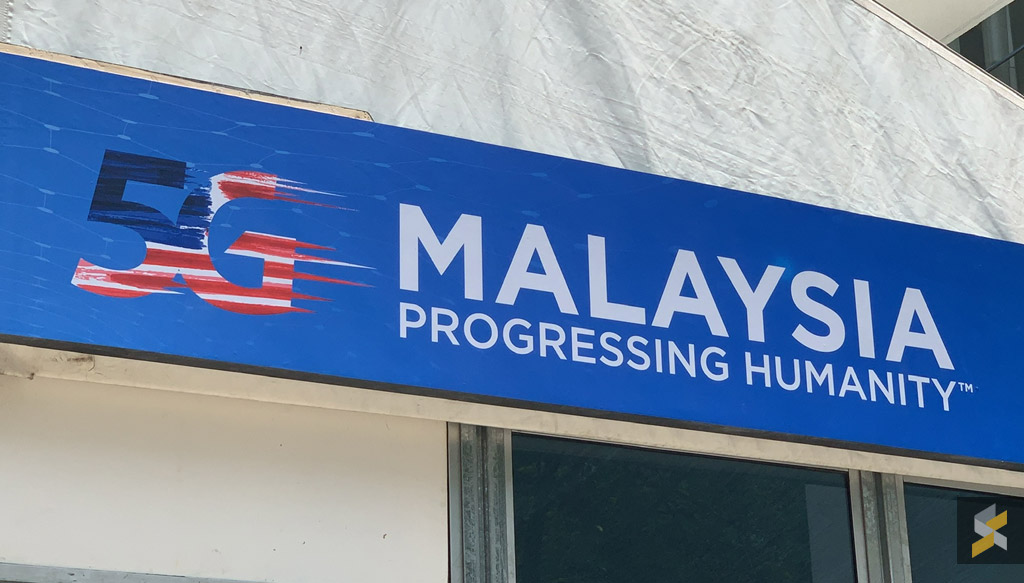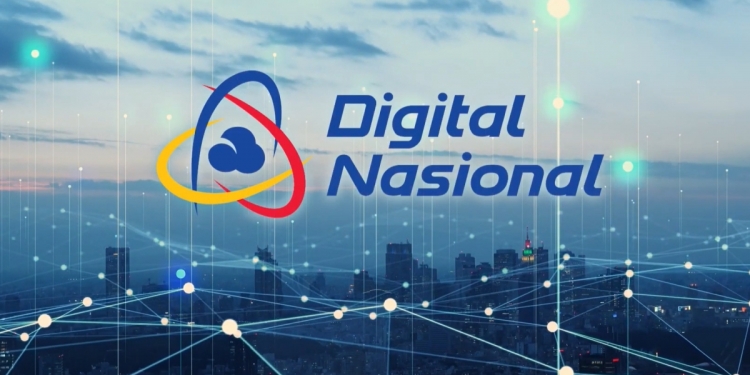Pakatan Harapan’s Communications, Digital & Multimedia Committee has issued a statement to raise concerns on the risky implementation of 5G in Malaysia through state-owned Digital Nasional Berhad (DNB). The committee consisting of Fahmi Fadzil (Lembah Pantai MP), Khalid Samad (Shah Alam MP), Hannah Yeoh (Segambut MP), Wong Shu Qi (Kluang MP), Chan Ming Kai (Alor Setar MP) and Long Ker Chean (Keadilan Women Communications Director) calls for a debate in Parliament to discuss the 5G plan before implementation.
Recapping details shared by DNB in an interview, the 5G project is expected to cost between RM16.5 billion to RM20 billion across a period of 10 years with the aim of providing 80% 5G coverage nationwide by 2024. Instead of assigning spectrum directly to individual telcos, the 5G spectrum will be managed by DNB which will then offer 5G access through a wholesale agreement.
Loss of revenue to government

According to Pakatan, the direct award of the 5G spectrum to a monopoly is a loss of revenue to the government which is estimated to cost between RM7 billion to 12 billion if the spectrum were to be auctioned to private telcos. They added that since Malaysia is put under tremendous pressure during the COVID-19 pandemic, the current approach would have a negative impact on the government’s revenue and it must be reconsidered.
The statement added that DNB is securing working capital of RM8 billion through loans and Sukuk programmes as mentioned by DNB CEO Ralph Marshall. Since DNB is government-owned, Pakatan said the loans are seen as a contingent liability that Malaysians would have to pay if the DNB fails to pay its debts and it adds more burden to the government.
MCMC removed technology neutrality for existing spectrum

There are also concerns about potential legacy issues when telcos upgrade to newer technologies. The committee said the Malaysian Communications and Multimedia Commission (MCMC) have updated its spectrum guidelines on 9th July 2021 which prevents telcos from using their existing spectrums to provide 5G services and beyond. This means the telcos could only use their awarded spectrum up to 4G only.
Pakatan finds the move to limit technology as unreasonable and it takes away the technology neutrality aspect of the spectrum licensing. Assigning technology-neutral spectrum rights is seen as a best practice worldwide as it would allow telcos to optimise their spectrum to newer and efficient technologies to provide a better experience to consumers. For example, local telcos are currently repurposing 900MHz, 1800MHz and 2100MHz spectrums meant for 2G and 3G, to provide better 4G coverage to its users ahead of the 3G sunset.
Pakatan said that there’s no reason why Malaysia has to undertake such risks when there could be a better way to deploy 5G while bringing revenue to the government, instead of having contingent liability. During the Pakatan Harapan administration, it aimed to launch 5G in Q3 2020.

Although the original plan under Pakatan was to assign the 5G spectrum to a single entity, the difference was that the spectrum will go to a consortium of private telcos through a bidding process. Several companies can submit their bids as a consortium but only one will be selected. The consortium approach was only meant for the sub-6 700MHz and 3.5GHz spectrum as the higher 26GHz and 28GHz bands can be assigned directly to licensees through a tender process.
A few weeks ago, Pejuang Youth has also issued a statement saying that the government-led 5G rollout could hurt Malaysia’s digital economy. It said the single-wholesale-network could lead to a single point of failure if the 5G networks are not built and managed properly. It also raised concerns of loss of revenue to the government, and Malaysian taxpayers would be the ones to pay the price if there’s financial and operational management failures in the project. GSMA has also released a report raising concerns about Malaysia’s 5G rollout saying that similar single-wholesale-network deployments in other markets have shown little success.
DNB is currently aiming to launch 5G services by the end of this year and it targets to have a total of 500 sites covering Putrajaya, Cyberjaya and selected areas of Kuala Lumpur. It recently said that its 5G network can deliver 100Mbps at the cell-edge but users may get slower speed due to throttling by telcos. Despite being late in the game, DNB aims to increase Malaysia’s 5G coverage quickly and it aims to be second only to Singapore in the ASEAN reason.








